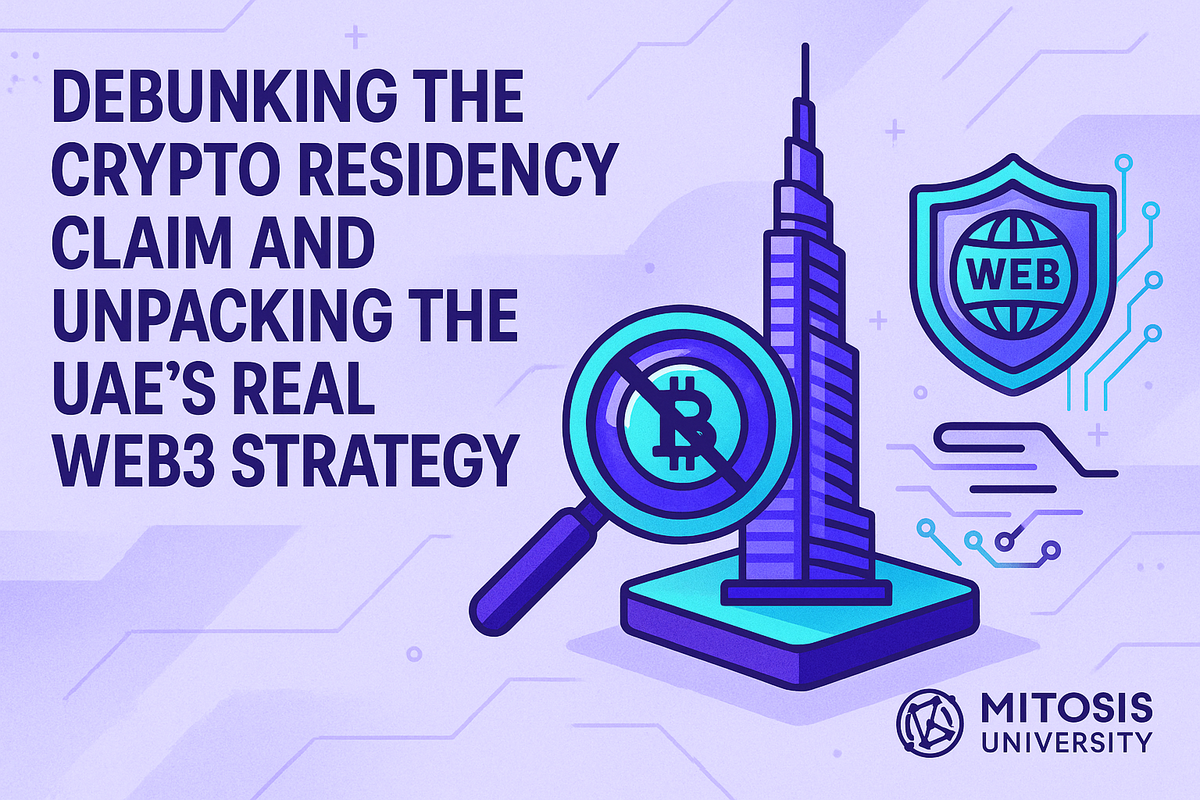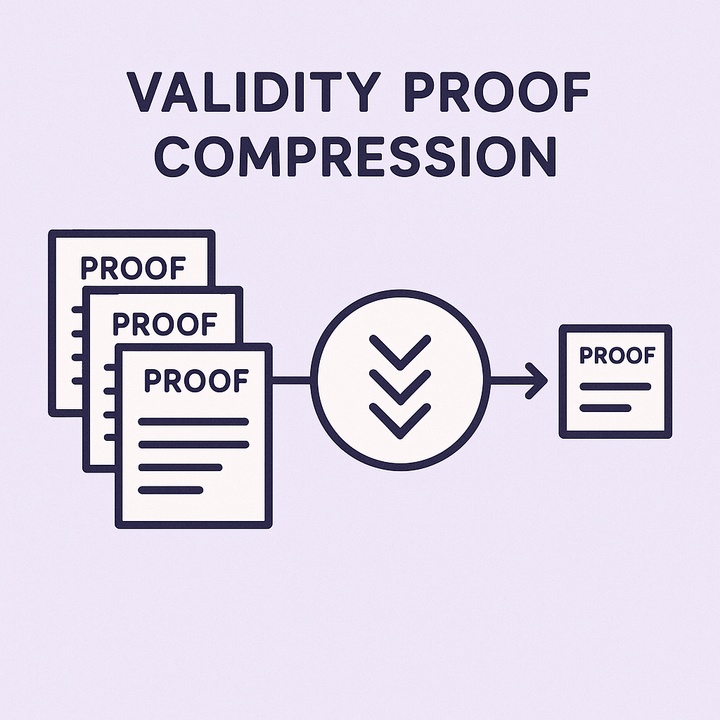Golden Visa via TON? Debunking the Crypto Residency Claim and Unpacking the UAE’s Real Web3 Strategy

In July 2025, headlines across the crypto world buzzed with a bold claim: individuals could secure a 10-year UAE Golden Visa simply by staking Toncoin. The offer, reportedly endorsed by the TON Foundation and retweeted by Telegram CEO Pavel Durov, sent Toncoin trading volume soaring. But within days, UAE authorities unequivocally denied the program’s legitimacy.
This article dives into the controversy, unpacking the reality behind the "Golden Visa via TON" initiative, examining the UAE’s official residency pathways, and exploring what this incident means for crypto migration, investor responsibility, and regulatory clarity.
The TON Controversy: Between Hype and Regulatory Reality
A Too-Good-To-Be-True Offer
The TON Foundation announced that investors could obtain a UAE Golden Visa by staking $100,000 worth of Toncoin for three years and paying a $35,000 processing fee. This was framed as a family-inclusive, high-return, crypto-native alternative to traditional UAE investment pathways.
Social media quickly amplified the message. Influenced by Durov’s retweet, Toncoin surged in both price and volume. But the buzz proved short-lived.
Swift Denial by UAE Authorities
The UAE's Federal Authority for Identity, Citizenship, Customs and Port Security (ICP), the Securities and Commodities Authority (SCA), and the Virtual Assets Regulatory Authority (VARA) issued a joint statement: the TON initiative had no official endorsement. VARA added that TON was not licensed or regulated in the UAE.
The TON Foundation walked back its initial statement, clarifying that it was an independent initiative still in development. Yet the damage—and confusion—had already been done.
Lessons on Due Diligence
This incident is a textbook example of why investors must verify information via official channels. Crypto markets are fast-moving, but that speed shouldn't outpace common sense. Regulatory jurisdictions like the UAE operate on formal licensing and legal pathways, not viral tweets.
What the UAE Golden Visa Really Entails
Clear Investment Pathways
The UAE offers several legitimate routes to long-term residency:
- Real Estate Investors: AED 2 million ($545,000) for a 10-year visa
- Entrepreneurs: Own a tech or innovation business valued over AED 500,000
- Outstanding Talent and Skilled Professionals: Meet educational, salary, and classification criteria
- Superyacht Owners and Nomination-Based Applicants: Subject to high-value assets or vetting processes
Importantly, cryptocurrency staking is not a recognized investment category for any Golden Visa path.
Comprehensive Benefits
Holders of UAE Golden Visas enjoy:
- Tax-free personal income and capital gains
- Family sponsorship (spouses, children, and sometimes parents)
- Long-term residency without a national sponsor
- World-class infrastructure and global mobility
These benefits are real—but they come through official channels, not speculative crypto offerings.
UAE's Strategic Vision for Crypto: Regulated Innovation, Not Hype
The Role of VARA and Regulation
Dubai's Virtual Assets Regulatory Authority (VARA) sets strict rules for any crypto firm operating in the region. It enforces:
- Licensure for promotions and services
- AML/KYC requirements
- Marketing restrictions against misleading claims
This framework is designed not to stifle innovation, but to build trust and protect both consumers and the financial system.
A Legitimate Crypto Hub
Despite denying the TON visa program, the UAE remains a global crypto magnet:
- Over 30% of residents hold digital assets
- Free zones like DMCC and RAK Digital Assets Oasis host hundreds of crypto firms
- Emirates Blockchain Strategy aims for widespread blockchain integration
- Favorable tax laws support individuals and businesses
The nation isn’t anti-crypto. It’s pro-clarity. The goal is to build a sustainable Web3 economy anchored in legal certainty and infrastructure.
Conclusion
The "Golden Visa via TON" saga is a cautionary tale. It shows how quickly misinformation can spread—and how crucial it is for crypto investors and nomads to do their homework.
Key Takeaways:
- Staking crypto is not a legal path to UAE residency.
- Only rely on official government sources for immigration or investment offers.
- The UAE offers real, regulated pathways for Web3 builders who meet clear criteria.
As crypto and global mobility continue to intersect, a pressing question emerges: Can decentralized finance and national residency programs truly integrate, or will legal boundaries remain firm? The future will likely favor jurisdictions—like the UAE—that blend openness with oversight.

Comments ()